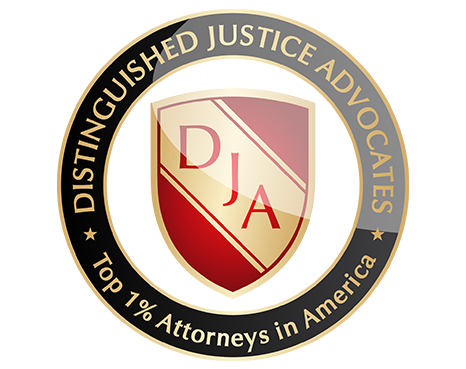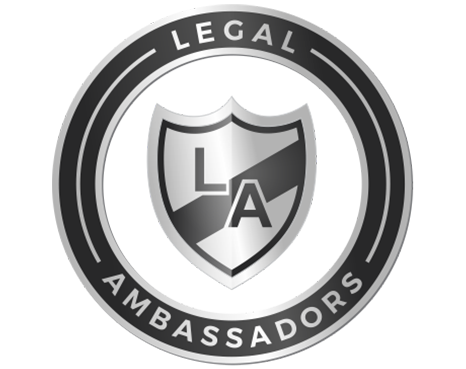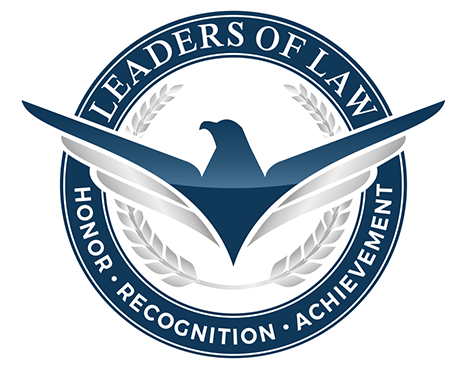Whistleblower Retaliation Attorneys Beverly Hills & Rancho Cucamonga, CA

A whistleblower is an employee who reports an employer’s violation(s) of the law and/or conduct that may cause damage to the public. It is the public policy of California to encourage employees to notify proper government or law enforcement agencies when employers are violating state or federal laws and regulations. There are numerous state and federal whistleblower protection laws that exist to protect both public and private employees that report such violations.
Under California Labor Code Section 1102.5, an employer cannot make, adopt, or enforce any rule, regulation, or policy preventing an employee from being a whistleblower. An employer cannot also retaliate against a whistleblower and/or an employee who refuses to participate in an activity that would is in violation of state and federal laws. Furthermore, an employer cannot retaliate against an employee for having exercised his or her rights as a whistleblower in his or her former employments.
Under California Labor Code Section 98.6, an employer that retaliates against a whistleblower may be required to reinstate the employee’s work and employment benefits, pay lost wages, and make necessary changes to be in compliance with the law.
Federal employees that work for the government are protected under the Whistleblower Protection Act of 1989 and Whistleblower Protection Enhancement Act of 2012. These acts were established to ensure that federal employees are not afraid of retaliation from the government for reporting violations. The types of wrongdoings that are covered includes violation of any law, rules, or regulation, mismanagement, a gross waste of funds, an abuse of authority, and a substantial and specific danger to public health or safety.
Although whistleblower and retaliation claims are generally discussed interchangeably, there is a difference between them. As mentioned, a whistleblower claim involves a violation that causes damage to the public, like unlawful damage to the environment or corporate fraud. Conversely, a retaliation claim will involve issues that affect workers individually, such as the right to be free from discrimination, the right to be paid minimum and overtime wages, and the right to join a union. In order to prevail on a whistleblower claim, the law requires the victim to prove:
- That he/she was engaged in a protected activity
- That the employer knew or believed you took such protected activity
- That you suffered an adverse employment action
- That your protected activity caused the employer to take adverse action
Typically, to be entitled to whistleblower protection, an employee must report the employer’s illegal act to government or law enforcement agencies. The employee may do this themselves or contact an attorney that specializes in whistleblower claims to help them.
There are instances when an employee is not protected from being fired. If an employee steps over the bounds of defensible conduct, an employee can lose the protections of the law. Also, a whistleblower is not protected from retaliation if a reasonable person, in the same position and with the same training and experience, would not have believed there was a violation to report.
When it comes to speaking up for what is right, no good deed goes unpunished, at least in most work environments. The law gives you the right to fair treatment at work, but when you try to exercise this right for yourself or complain that others have been denied this right, many employers act like you are the one causing trouble.
Employer retaliation is a common reason that employees consult employment lawyers about disputes with the companies for which they work. Sometimes employer retaliation occurs in tandem with discrimination, but discrimination complaints are only one of the reasons that employers retaliate against employees.
Do not let the fear of retaliation from your employer stop you from exercising your right to care for your health and your family while you are employed or from speaking up about wrongdoing that you have witnessed at your place of employment. The Beverly Hills whistleblower retaliation lawyers at Mehtani Law Offices, P.C. can help you engage in whistleblower actions or seek justice if your employer retaliated against you after you engaged in a legally protected activity.
Employer Retaliation and Protected Activities
Protected activities are so-called because your employer does not have the right to stop you from doing them. It stands to reason that it might be in an employer’s interest to try to prevent employees from engaging in these activities because their goal is something other than the bottom line.
Some protected activities relate to the employee’s personal well-being or that of the employee’s family. For example, taking a leave of absence from work for medical treatment or for family caregiving responsibilities is a protected activity. It is also a protected activity when an employee files a workers’ compensation claim after getting injured at work or when an employee requests accommodations for a documented disability.
Other protected activities involve reporting crimes, wrongdoing, and misconduct in the workplace before or after the employer’s misdeeds cause physical or financial harm to employees or the public. Speaking out about harmful or illegal actions by decision-makers at your workplace is called a whistleblower claim. The following are some examples of whistleblower claims:
- Reporting a workplace safety violation to the Occupational Safety and Health Administration (OSHA)
- Contacting the Equal Employment Opportunity Commission (EEOC) about discrimination at your workplace, whether or not you were the target of the discrimination
- Filing a qui tam action in court about your employer’s fraudulent dealings in pursuit of public funds
- Reporting criminal activity in your workplace to law enforcement
- Participating in a civil or criminal investigation into misconduct at your workplace
Retaliation is when an employer takes adverse action against an employee in response to the employee engaging in a whistleblower action or other protected activity. Examples of adverse actions include unfairly negative performance reviews, reassigning the employee to undesired tasks or those that it is virtually impossible to complete as directed demotion, and termination of employment.
It also counts as retaliation if, after the employee engages in the protected activity, the employer creates a hostile work environment characterized by harassment and bullying, effectively pressuring the employee to quit so that the employer can avoid getting the blame for the employment relationship ending.
Employer retaliation is against the law. If your employer retaliated against you after you engaged in a protected activity, or if you need to engage in a protected activity and think that you are vulnerable to retaliation, the employer retaliation lawyers at Mehtani Law Offices, P.C. can help you exercise your rights.
Retaliation in Employment Discrimination Cases
Many employment discrimination lawsuits include claims of retaliation. For example, a plaintiff might notice that she is one of many employees at the organization who share a certain protected characteristic and who have been passed over for raises and promotions for which they were eligible.
When the plaintiff complains to human resources, the employer may worry that, if the plaintiff brings her complaint to the EEOC, the ensuing investigation will reveal the true extent of the discriminatory practices within the organization. An EEOC investigation resulting in authorization to sue is required before a court will consider your employment discrimination lawsuit.
In other words, the plaintiff’s initial complaint about a discriminatory action of which she was a target could turn into a whistleblower action once the EEOC gets involved, whether or not this was the plaintiff’s original intent. Therefore, the employer may retaliate against the plaintiff by creating a hostile work environment or taking an adverse action in order to intimidate the plaintiff out of contacting the EEOC.
It is always a good idea to contact an employment lawyer before you address the issue of discrimination with your human resources because the situation can quickly turn into one where you risk losing the right to file a lawsuit unless you follow the appropriate legal steps quickly.
The False Claims Act Protects Whistleblowers Who Expose Healthcare Fraud
If you work in the healthcare sector, then your whistleblower claim could fall under the jurisdiction of the False Claims Act, a federal law enacted in 1863 to protect whistleblowers who accuse their employers of defrauding the federal government. Today, most False Claims Act cases, which are also known as qui tam actions, involve employees of hospitals and doctors’ offices who report that their employers have made false statements when billing federally funded healthcare programs such as Medicare and Medicaid.
Qui tam actions are complex legal cases that can take years to resolve since they usually involve millions of dollars in fraudulent insurance claims. The False Claims Act is a specialized branch of the law, but the first step to finding out whether your employer’s retaliation situation is covered under it is to contact a whistleblower retaliation lawyer.
Contact Mehtani Law Offices, P.C. About Whistleblower Retaliation
Mehtani Law Offices, P.C. is dedicated to helping workers in California protect themselves from employer retaliation and other misconduct that stands in the way of fair treatment of workers. Contact Mehtani Law Offices, P.C. in Beverly Hills, California, to schedule a consultation.
 310-776-3590
310-776-3590





